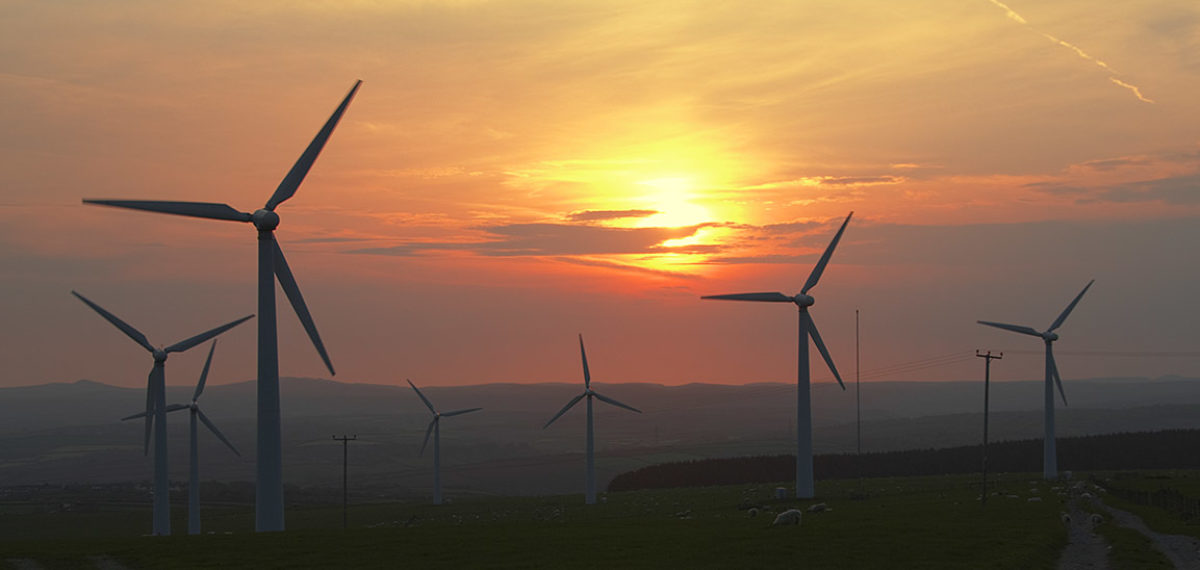Community renewable energy projects come in all shapes and sizes (and different definitions), but essentially they share one common denominator: they are owned by ordinary individuals rather than large companies. This can mean projects set up by local community trusts, ones established through community share offers, or even just a local farmer or business – although of course in some cases the dividing line with what we would call mainstream renewable energy projects owned by large companies becomes a bit fuzzier. Some large companies developing renewable energy have made part of their share equity available for sale to individuals.
But the organisations listed here are mostly concerned with helping local people start their own local schemes – that means in practice a variety of fuels – solar pv, wind power, small hydro and biomass are all represented among the ranks of community renewables.
According to a UKERC report published in 2018 there were (presumably still are) around 300 groups in the UK who are generating energy.
Community renewable energy is, on a per capita basis, strongest in Scotland where a number of community trusts operating wind power schemes exist. They have tended to borrow money off banks, start up wind power schemes in windy places, and plough back profits into the local community. In England and Wales on the other hand raising capital by selling shares to people in the community has been the most popular way of raising money – with solar pv the most common technology.
A number of schemes popped up in the period after 2002, but since the feed-in tariff programme (by which premium prices were paid for electricity from small renewable projects) was ended in 2019 it has become more difficult to finance community renewable – but not impossible! See for instance this UKERC study.
There are various organisations existing to promote community renewables. These include Community Energy Wales, Community Energy England, Local Energy Scotland, Community Energy Scotland. These companies have, or have had some strong association with Government. Two more private companies which have had a lot of success in helping community renewable projects become established are Energy4All and Sharenergy.
To take direct action in your home to install renewable energy or energy efficiency you can obtain some great advice about installers and other matters from YouGen.
Sometimes community share offers have been offered very widely. At the more commercial end of what could still be termed community renewable is the effort by Ripple Energy to build windfarms on the basis of a very large number of ordinary people as shareholders. A coalition of Distribution Network Operators is planning an initiative to help community energy groups.
It should be said of course that community renewables in the UK is still small beer compared to other European countries like Germany, Denmark or The Netherlands. Indeed, the wind power industry was initially established on the back of some pioneering wind cooperatives and farmer owned wind turbines in Denmark in the late 1970s and 1980s. In Germany the majority of share capital in onshore wind schemes is still owned by ordinary people (although not necessarily local).
